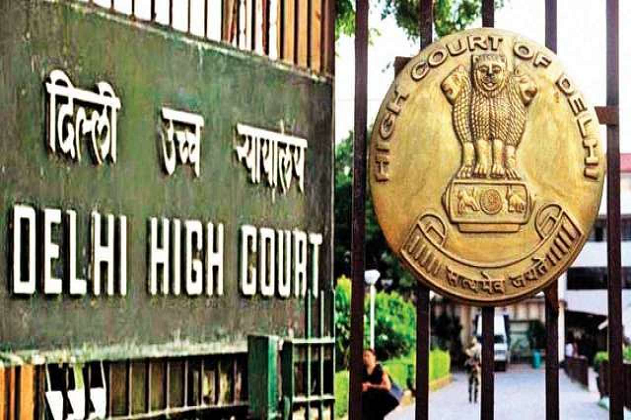Do you know how much right the son has on the father’s ancestral property. Recently, the Delhi High Court has given its verdict on one such case and told how much right the son has on the father’s ancestral property. Let us know in detail in the news below.
There are some common misconceptions about ancestral property. For example, such a property always goes to the son. This often happens, but the assumption that it will happen in every case is wrong. It should also be noted that the property created by one’s own earnings is self-generated, only inherited property is called ancestral property.
The Delhi High Court had said in its judgment last year regarding a property related case that the entire property of the father cannot be given to the son because I am still alive and the sister also has the right in the father’s property.
Actually, there are many legal arrangements for the division of ancestral property, which are not as simple as they are generally seen. In the case we are talking about, after the death of a person from Delhi, his property was divided. Legally, half of his property was to go to his wife and half to the children, including a son and a daughter. But, when the daughter asked for her share in the property, the son flatly refused.
The daughter did not give up and she approached the court. The mother also supported the daughter. On this the son protested and said that he should get the entire property. The case was heard in the Delhi High Court, where the court ruled under the Hindu Succession Act.
The court said, ‘Since the wife of the deceased is also alive, she and the daughter of the deceased also have equal rights in the property.’ Apart from this, the court also imposed a cost of Rs one lakh on the son as the mother had suffered financial loss and mental stress due to the litigation. The court said that the son’s claim itself is wrong. While giving its verdict, the court said that it is not surprising that this should happen in the present times.
Law changed since 2005
In our society, the son is generally considered to be the heir of the father, but after the amendment made in the year 2005, the new legal system says that the son and the daughter have equal rights in the father’s property. The situation was different before 2005 and in Hindu families only the son could be the doer of the household and the daughter did not have the same status as the son in terms of ancestral property.
Not all property is ancestral
Generally property inherited from any male father, grandfather or great grandfather is called ancestral property. The child becomes entitled to the ancestral property of the father as soon as he is born. There are two types of property. One is self-acquired and the other is inherited. Property created by one’s own earnings is called self-acquired, while property inherited is called ancestral property. This difference has to be understood.
Rules to sell stringent The rules for selling ancestral property are quite stringent. Since such a property is shared by many people, no co-sharer can sell it at will if there is no partition. According to the lawyers, the consent of all the stakeholders is necessary to sell the ancestral property. If even one partner does not agree to the deal, the ancestral property cannot be sold. But, if all the partners are ready to sell any such property, then there will be no problem.


